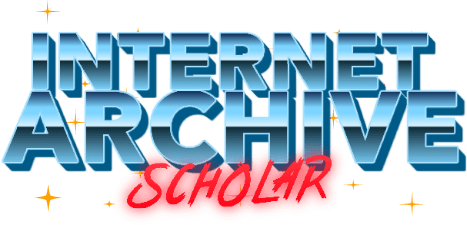Project Gutenberg
Project Gutenberg is a volunteer effort to digitize and archive cultural works, as well as to "encourage the creation and distribution of eBooks." It was founded in December 1971 by American writer Michael S. Hart and is the oldest digital library. Most of the items in its collection are the full texts of books in the public domain.
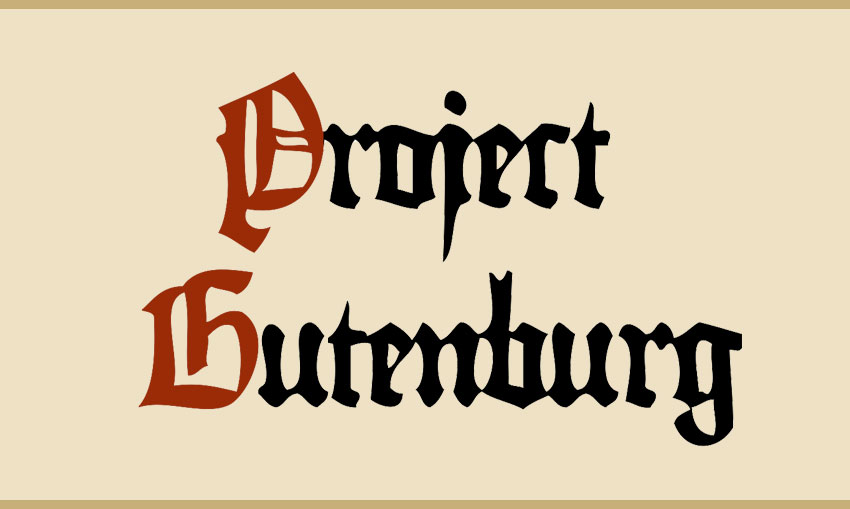
Internet Archive
Brewster Kahle founded the Internet Archive in May 1996 at around the same time that he began the for-profit web crawling company Alexa Internet. It provides free public access to collections of digitized materials, including websites, software applications/games, music, movies/videos, moving images, and millions of books.
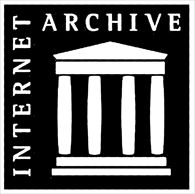
Wikipedia
In January 2001, Wikipedia began as a side-project of Nupedia, to allow collaboration on articles prior to entering the peer-review process. The name was suggested by Sanger on 11 January 2001 as a portmanteau of the words wiki (Hawaiian for "quick") and encyclopedia. The wikipedia.com and wikipedia.org domain names were registered on 12 and 13 January, respectively, with wikipedia.org being brought online on the same day. The project formally opened on 15 January ("Wikipedia Day"), with the first international Wikipedias – the French, German, Catalan, Swedish, and Italian editions – being created between March and May.

Creative Commons
In January 15 2001, Lawrence Lessig initiated Creative Commons by registering the domain CreativeCommons.org.
Lessig focuses on a fair balance between the interest of the public to use and participate into released creative works and the need of protection for a creator's work, which still enables a "read-write" remix culture.

Wayback Machine
The Wayback Machine is a digital archive of the World Wide Web, founded by the Internet Archive. It allows the user to go “back in time” and see what websites looked like in the past. In October 1996, the Internet Archive had begun to archive and preserve the World Wide Web in large quantities, though it saved the earliest pages in May 1996. The archived content wasn't available to the general public until 2001, when it developed the Wayback Machine. Since its launch, over 500 billion pages have been added to the archive.

Open Educational Resources
Open Educational Resources (OER) was first coined in July 2002 at UNESCO's Forum on Open Courseware. OER are teaching, learning and research materials in any medium – digital or otherwise – that reside in the public domain or have been released under an open license that permits no-cost access, use, adaptation and redistribution by others with no or limited restrictions.
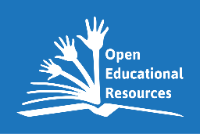
Wikimedia Foundation
The Wikimedia Foundation was incorporated as a non-profit organization in Florida on June 20, 2003. Wales founded the Wikimedia Foundation to manage Wikipedia and all its sister projects going forward.
The Wikimedia Foundation has the stated goal of developing and maintaining open content, wiki-based projects and providing the full contents of those projects to the public free of charge. Wikimedia claims to be "the sum of all human knowledge."
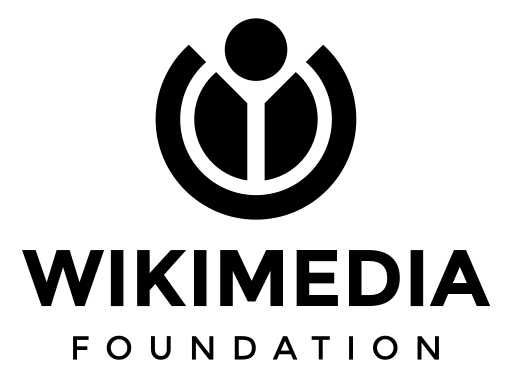
Open Knowledge Foundation
Open Knowledge Foundation (OKF) is a global, non-profit network that promotes and shares information at no charge, including both content and data. It was founded by Rufus Pollock on 20 May 2004 and launched on 24 May 2004 in Cambridge, UK.

OpenStreetMap
The OpenStreetMap project was founded by Steve Coast in July 2004, with the goal to create an open-source street map of the world. On 22 August 2006, the OpenStreetMap Foundation was founded to support and enable the development of freely-reusable geospatial data.
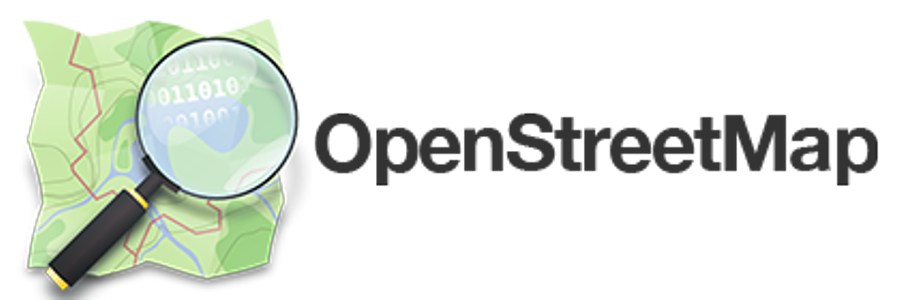
Open Library
Open Library is an online project of the Internet Archive intended to create "one web page for every book ever published". It was created by Aaron Swartz, Brewster Kahle, Alexis Rossi, Anand Chitipothu, and Rebecca Malamud. Open Library claims to have over 20 million records in its database.

Software Heritage
Software Heritage is a non-profit multi-stakeholder initiative with the mission to collect, preserve and share all software that is publicly available in source code form, with the goal of building a common, shared infrastructure at the service of industry, research, culture and society as a whole. It was founded by Roberto Di Cosmo and Stefano Zacchiroli in June 2016 with support from Inria and UNESCO.

Internet Archive Scholar
In September 2020 Internet Archive announced a new initiative to archive and preserve open access academic journals, called the "Internet Archive Scholar". Its fulltext search index includes over 25 million research articles and other scholarly documents preserved in the Internet Archive. The collection spans from digitized copies of eighteenth century journals through the latest Open Access conference proceedings and pre-prints crawled from the World Wide Web.
